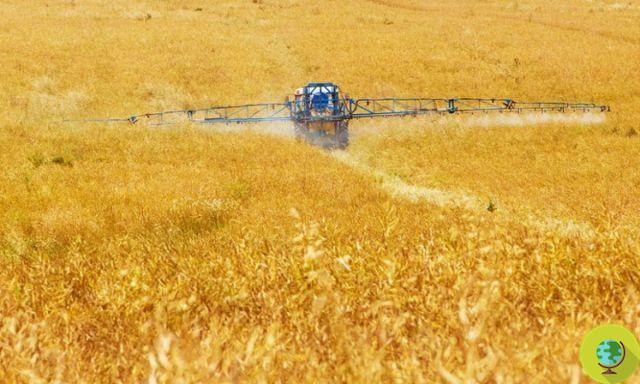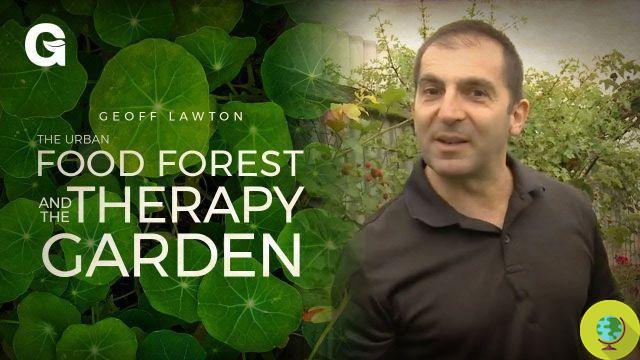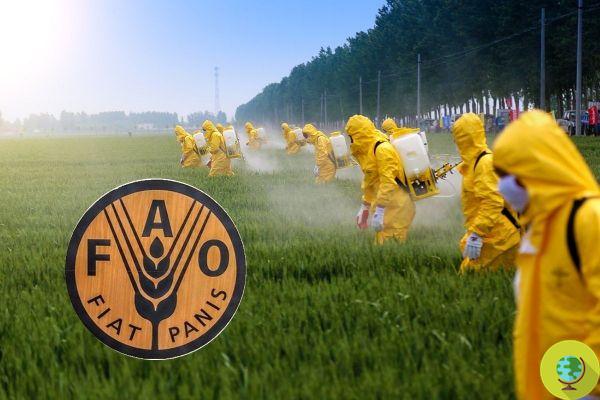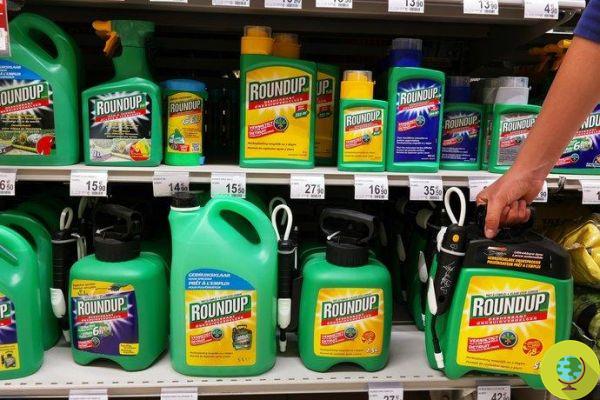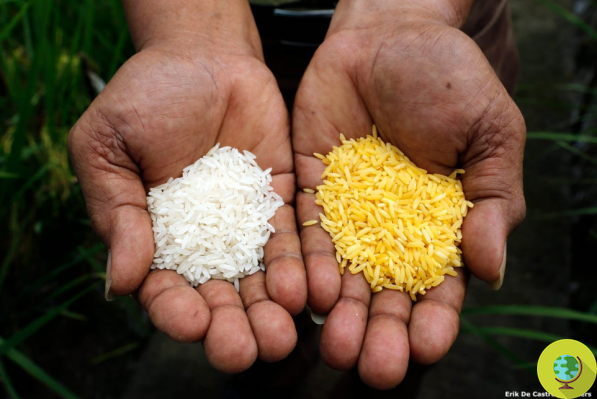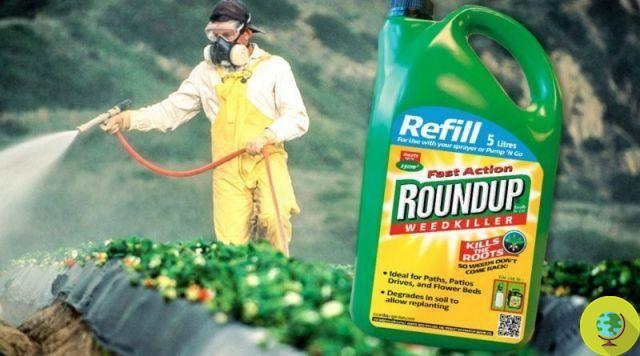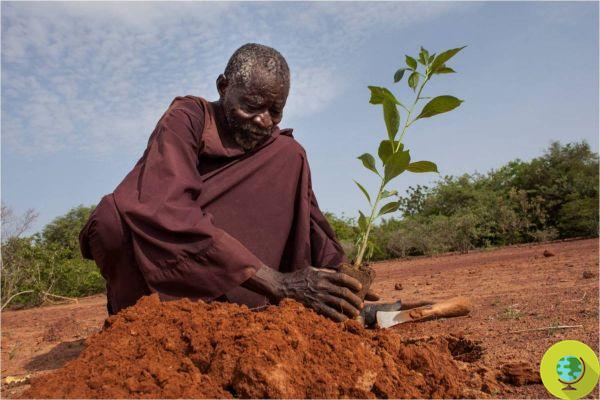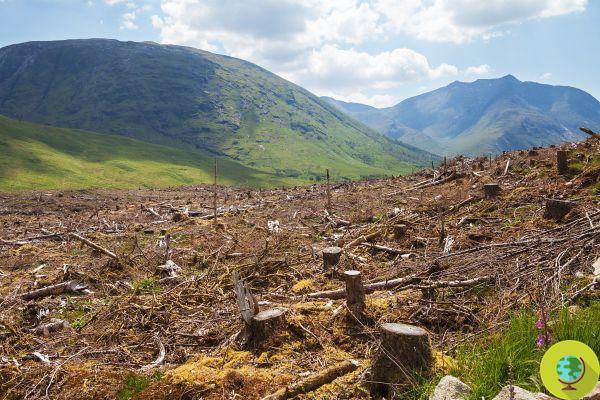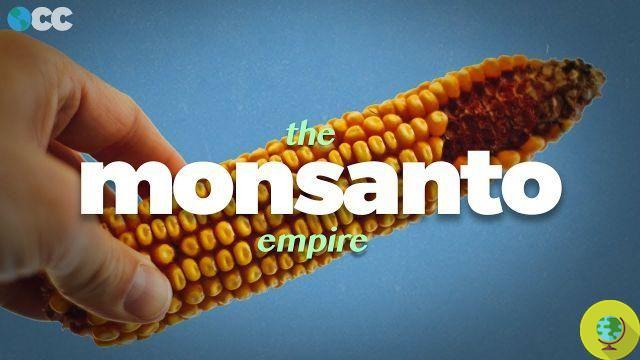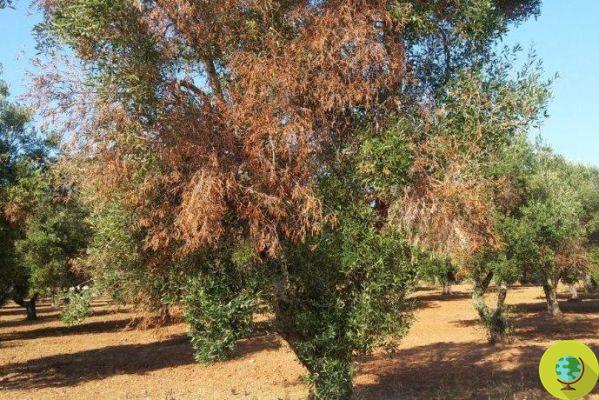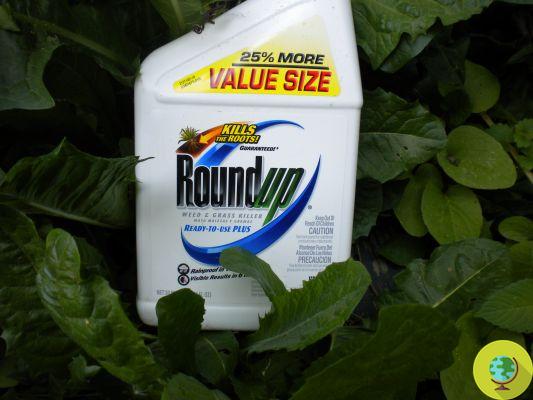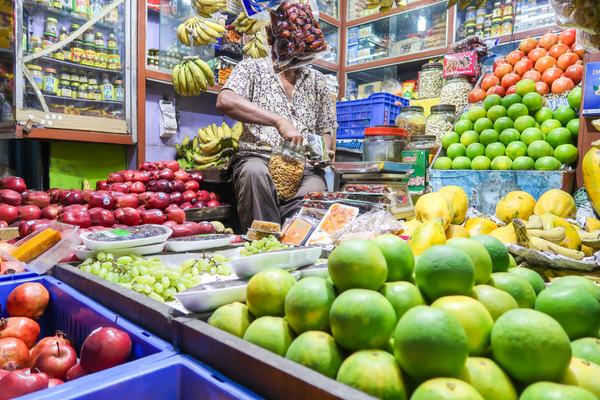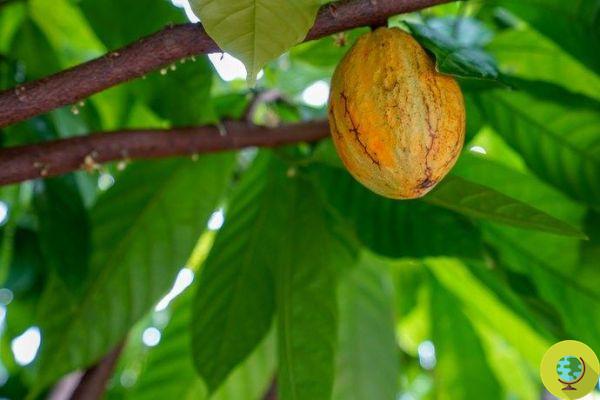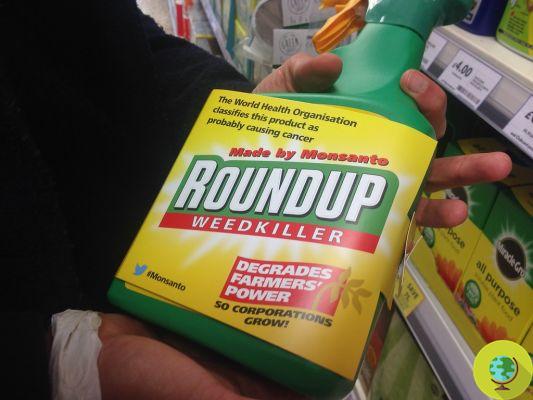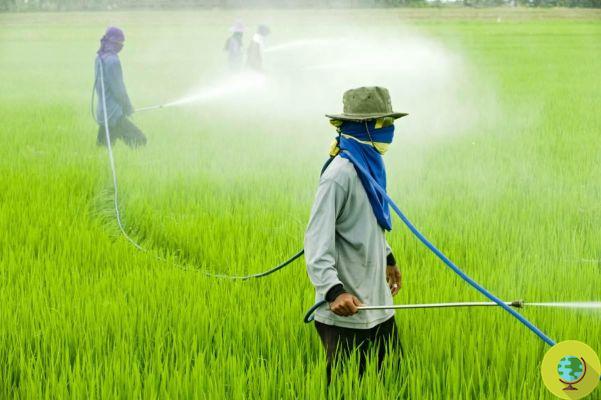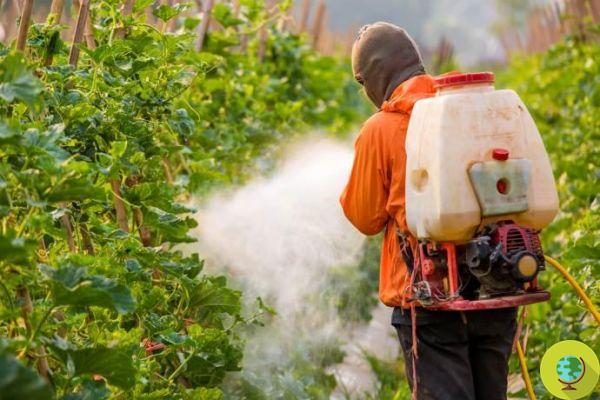Pollination. Bees raised by beekeepers guarantee less success in pollination of cultivated fields than wild bees and other wild insects and with particular reference to bees that live free in nature. The continuous loss of free bees and wild insects within the spaces intended for agriculture determines negative consequences on crops.
He is about to end up run over, his mother saves him
Less rich crops due to the disappearance of pollinating insects. Bees raised by beekeepers guarantee a less success in pollination of cultivated fields compared to wild bees and other wild insects, with particular reference to bees that live free in nature. This continues loss of free bees and wild insects within the spaces intended for agriculture determines negative consequences on crops.
This is what was highlighted by the researchers who studied the data relating to 600 cultivated fields in 20 different countries. The study, which argues the importance of defending the biodiversity of wild insects to ensure long-term agricultural yields, was published in February 2013 by the magazine Science.
A team of 50 international researchers, including Lawrence Harder, professor in the Department of Biological Sciences at the University of Calgary, analyzed data regarding the cultivation of fruit, coffee and dried fruit, in order to examine the consequences concerning the possibility of having an abundant number of wild insects for pollination.
Harder said the study shows that the production of many fruits and seeds commonly part of our diet, including coffee, tomatoes and watermelons, is limited as the flowers would not be properly pollinated. The use of reared honey bees does not solve the problem, which would instead see an improvement through the use of wild insects.
The flowers of most crops need to be pollinated before producing seeds and fruit, a process that is enhanced thanks to the insects that take care of them. The pollinating insects They include bees, flies, butterflies and beetles, coming mainly from woods and meadows. Their presence, however, is threatened by the disappearance of their natural habitats, which is because of fewer wild pollinating insects able to visit the cultivated fields.
The study in question showed that the production of flowers capable of generating fruit was found to be considerably lower in those fields where the crops were less visited by wild pollinating insects.
Their presence is particularly threatened by theuse of pesticides. Experts suggest that a more cautious use of insecticides and the integration of natural habitats suitable for insects in the vicinity of agricultural land could improve the situation, promoting a greater presence of wild pollinators.
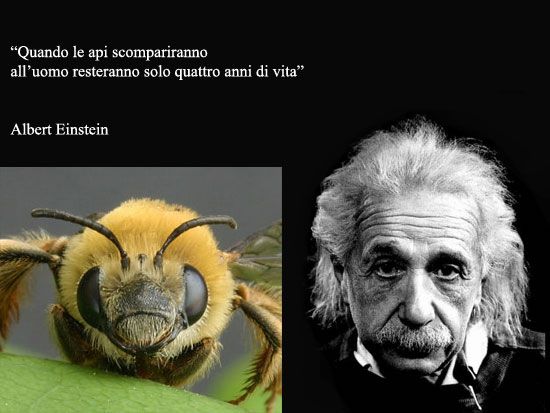
Is Einstein's Theory Beginning to Come True?
Marta Albè
READ also:
Death of api: EFSA confirms the danger of pesticides ...
How to attract butterflies in our garden
How and why to build a house for children beneficial insects




